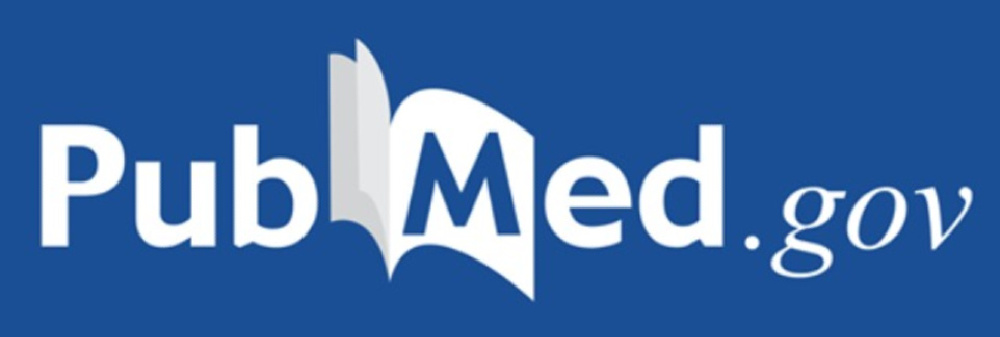- PMID: 33324255
- PMCID: PMC7725747
- DOI: 10.3389/fpsyt.2020.575826
Abstract
Background: Gilles de la Tourette syndrome (TS) is a chronic neuropsychiatric disorder characterized by motor and vocal tics. First-line treatments for tics are antipsychotics and tic-specific behavioral therapies. However, due to a lack of trained therapists and adverse events of antipsychotic medication many patients seek alternative treatment options including cannabis. Based on the favorable results obtained from case studies on different cannabis-based medicines as well as two small randomized controlled trials using delta-9-tetrahydrocannabinol (THC), we hypothesize that the cannabis extract nabiximols can be regarded as a promising new and safe treatment strategy in TS.
Objective: To test in a double blind randomized clinical trial, whether treatment with the cannabis extract nabiximols is superior to placebo in patients with chronic tic disorders.
Patients and Methods: This is a multicenter, randomized, double-blind, placebo controlled, parallel-group, phase IIIb trial, which aims to enroll 96 adult patients with chronic tic disorders (TS or chronic motor tic disorder) across 6 centers throughout Germany. Patients will be randomized with a 2:1 ratio into a nabiximols and a placebo arm. The primary efficacy endpoint is defined as tic reduction of at least 30% (compared to baseline) according to the Total Tic Score of the Yale Global Tic Severity Scale (YGTSS-TTS) after 13 weeks of treatment. In addition, several secondary endpoints will be assessed including changes in different psychiatric comorbidities, quality of life, driving ability, and safety assessments.
Discussion: This will be the first large, controlled study investigating efficacy and safety of a cannabis-based medicine in patients with TS. Based on available data using different cannabis-based medicines, we expect not only a reduction of tics, but also an improvement of psychiatric comorbidities. If the cannabis extract nabiximols is proven to be safe and effective, it will be a valuable alternative treatment option. The results of this study will be of high health-economic relevance, because a substantial number of patients uses cannabis (illegally) as self-medication.
Conclusion: The CANNA-TICS trial will clarify whether nabiximols is efficacious and safe in the treatment of patients with chronic tic disorders. Clinical Trial Registration: This trial is registered at clinicaltrialsregister.eu (Eudra-CT 2016-000564-42) and clinicaltrials.gov (NCT03087201).
Keywords: THC, cannabidiol, cannabinoids, chronic tic disorder, nabiximols, tetrahydrocannabinol, tics, tourette syndrome
Copyright © 2020 Jakubovski, Pisarenko, Fremer, Haas, May, Schumacher, Schindler, Häckl, Aguirre Davila, Koch, Brunnauer, Cimpianu, Lutz, Bindila and Müller-Vahl.
Conflict of interest statement
KM-V has received financial or material research support from the EU (FP7-HEALTH-2011 No. 278367, FP7-PEOPLE-2012-ITN No. 316978), the German Research Foundation (DFG: GZ MU 1527/3-1), the German Ministry of Education and Research (BMBF: 01KG1421), the National Institute of Mental Health (NIMH), the Tourette Gesellschaft Deutschland e.V., the Else-Kroner Fresenius-Stiftung, and GW, Abide Therapeutics, Lundbeck, Syneos Health, Therapix Biosciences Ltd, Almirall Hermal GmbH, GW pharmaceuticals. She has received consultant’s honoraria from Abide Therapeutics, Tilray, Resalo Vertrieb GmbH, Columbia Care, Bionorica Ethics GmbH, Lundbeck and Eurox Deutschland GmbH. She is a consultant or advisory board member for Abide Therapeutics, Alirio, The Academy of Medical Cannabis Limited, CannaMedical Pharma GmbH, CannaXan GmbH, Columbia Care, Canopy Growth, Leafly Deutschland GmbH, Lundbeck, Nomovo Pharm, Nuvelution TS Pharma Inc., Resalo Vertrieb GmbH, Sanity Group, Syqe Medical Ltd., Therapix Biosciences Ltd., Tilray, Wayland Group, Zynerba Pharmaceuticals, and CTC Communications Corporation. She has received speaker’s fees from Tilray, Wayland Group, Emalex, Eurox group, PR Berater, Aphria, Ever pharma GmbH, and Cogitando GmbH. She has received royalties from Medizinisch Wissenschaftliche Verlagsgesellschaft Berlin, Elsevier, and Kohlhammer. She holds shares of Nomovo Pharm. She served as a Guest editor for Frontiers in Neurology on the research topic “The neurobiology and genetics of Gilles de la Tourette syndrome: new avenues through large-scale collaborative projects,” is Associate editor for “Cannabis and Cannabinoid Research” and Editorial Board Member for “Medical Cannabis and Cannabinoids.” The remaining authors declare that the research was conducted in the absence of any commercial or financial relationships that could be construed as a potential conflict of interest.
Associated data


